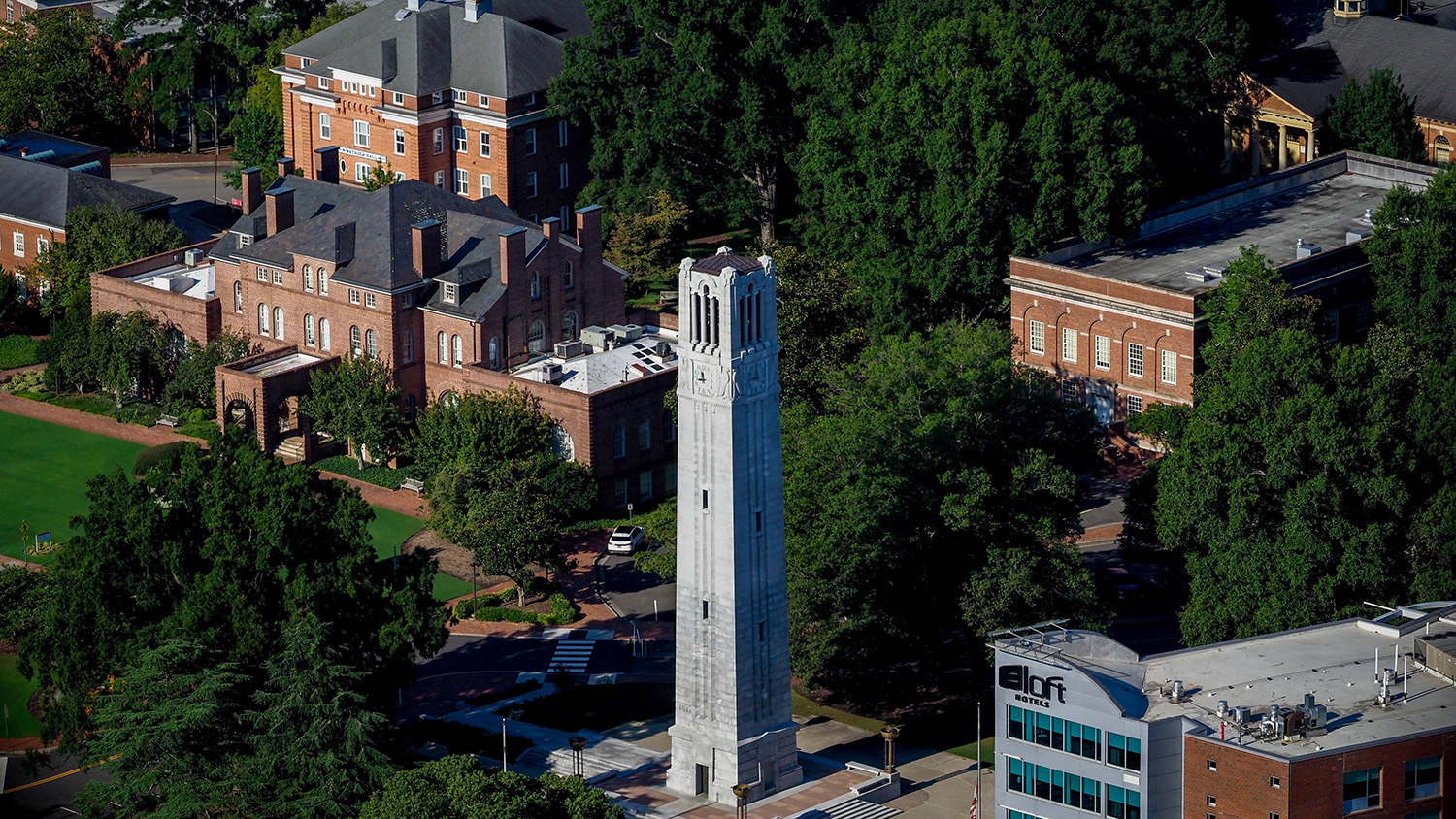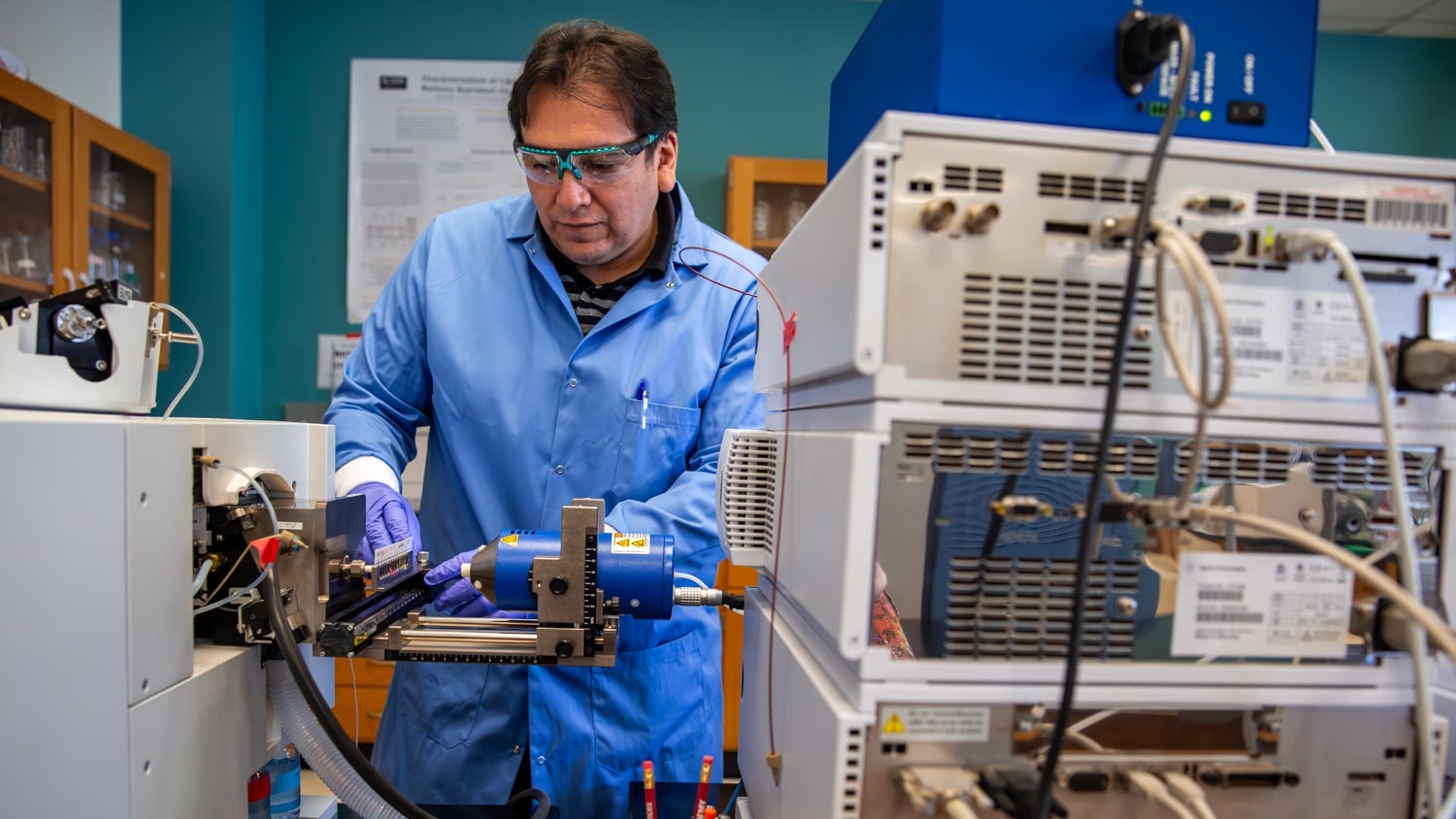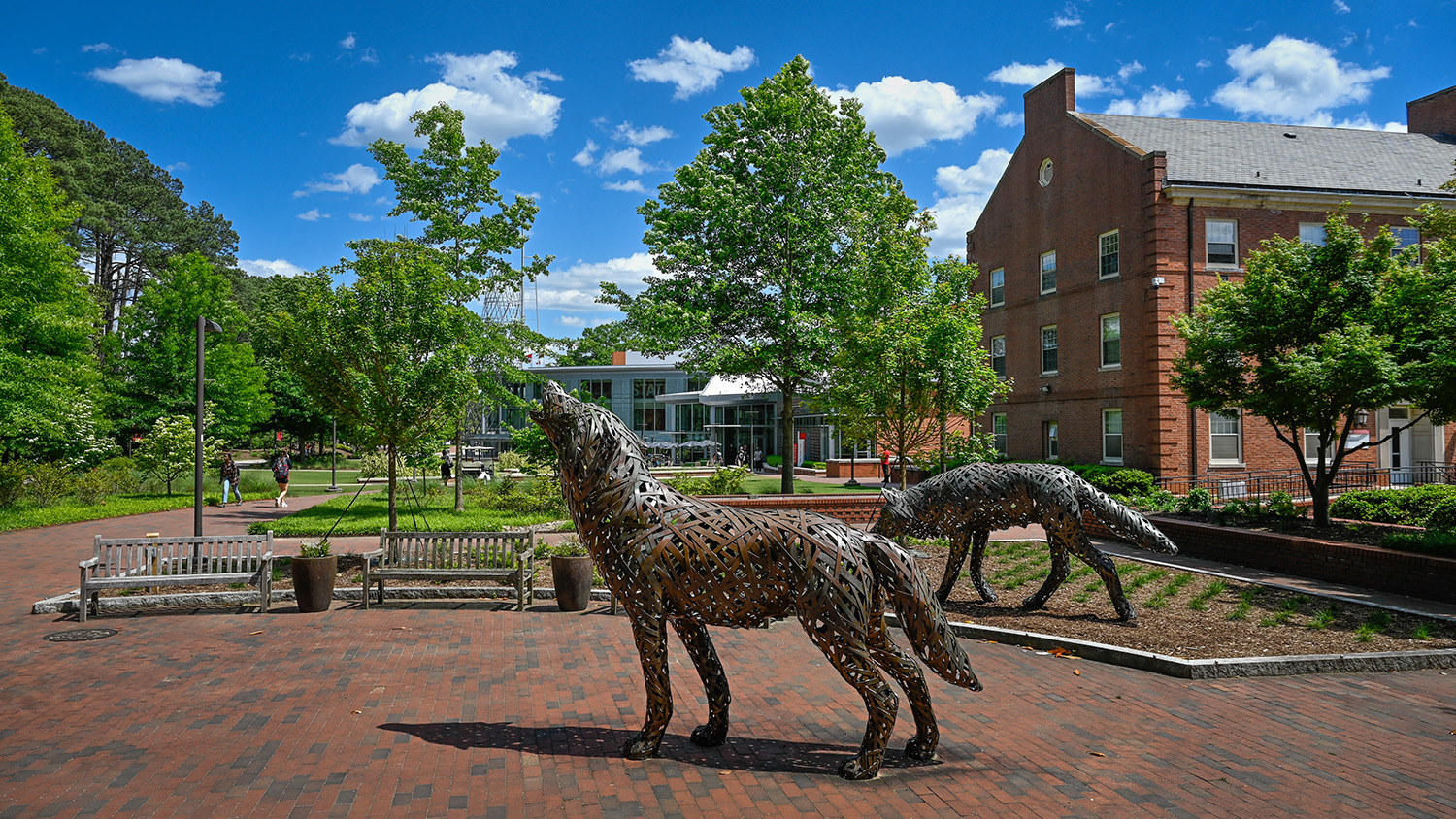Indian Summer
What a beautiful day, Janice Odom thought as she led a dozen Caldwell Fellows along a steep pathway toward the top of Vaishno Devi, the mile-high mountain that shelters the holy shrine of the great goddess. In the midst of a three-week exploration of India, the students and their advisers were making the pilgrimage of a lifetime to one of Hinduism’s most revered sites.
But the tranquility of the day was shattered, hours later, when the group was caught in a violent hailstorm on their return trip down the mountain. Huddled under a makeshift cover, they shivered together as rain-swelled torrents of water cascaded around them down the rocky path.

Odom had visions of the rising water carrying them off, until the storm began to subside, tipping the scales from danger to discomfort. In a few minutes, they resumed their descent.
“It was one of the most surreal days of my life,” she says from the safety of her office in Pullen Hall.
Culture Clash
It was that kind of trip: moments of clarity and transcendence punctuated by the stark and often harsh realities of life on the subcontinent. There were quiet afternoons at the Tushita Meditation Center, home-in-exile to the Dalai Lama, and exhausting 18-hour bus rides in scorching 114-degree heat. Everywhere, it seemed, were cultural and spiritual wonders set against a backdrop of abject poverty.
“It was a collision of worlds,” Odom says. “India is an intense country. It wears you out.”

But it was the essential Caldwell experience. The Alumni Association program, named for the late Chancellor John Tyler Caldwell, gives a select group of students the extraordinary opportunity to develop their skills as both servants and leaders. It challenges students to think big.
“If the goal is to encourage students to have a global worldview, you can’t go many places as different as India,” Odom says.
Traveling with them was Dr. Jonathan Kramer, an NC State ethnomusicologist who served a Fulbright Fellowship in India.
“He knew India,” Odom says. “He really helped the students understand what they were seeing. And he led us to places that most Westerners never visit.”
The students, in turn, brought fresh eyes to an ancient culture.
“They’re young and adventurous and don’t require a lot of maintenance,” Odom says. “It’s a treat to see the world through their eyes. Left to my own devices, I’m pretty boring.”
- Categories:


